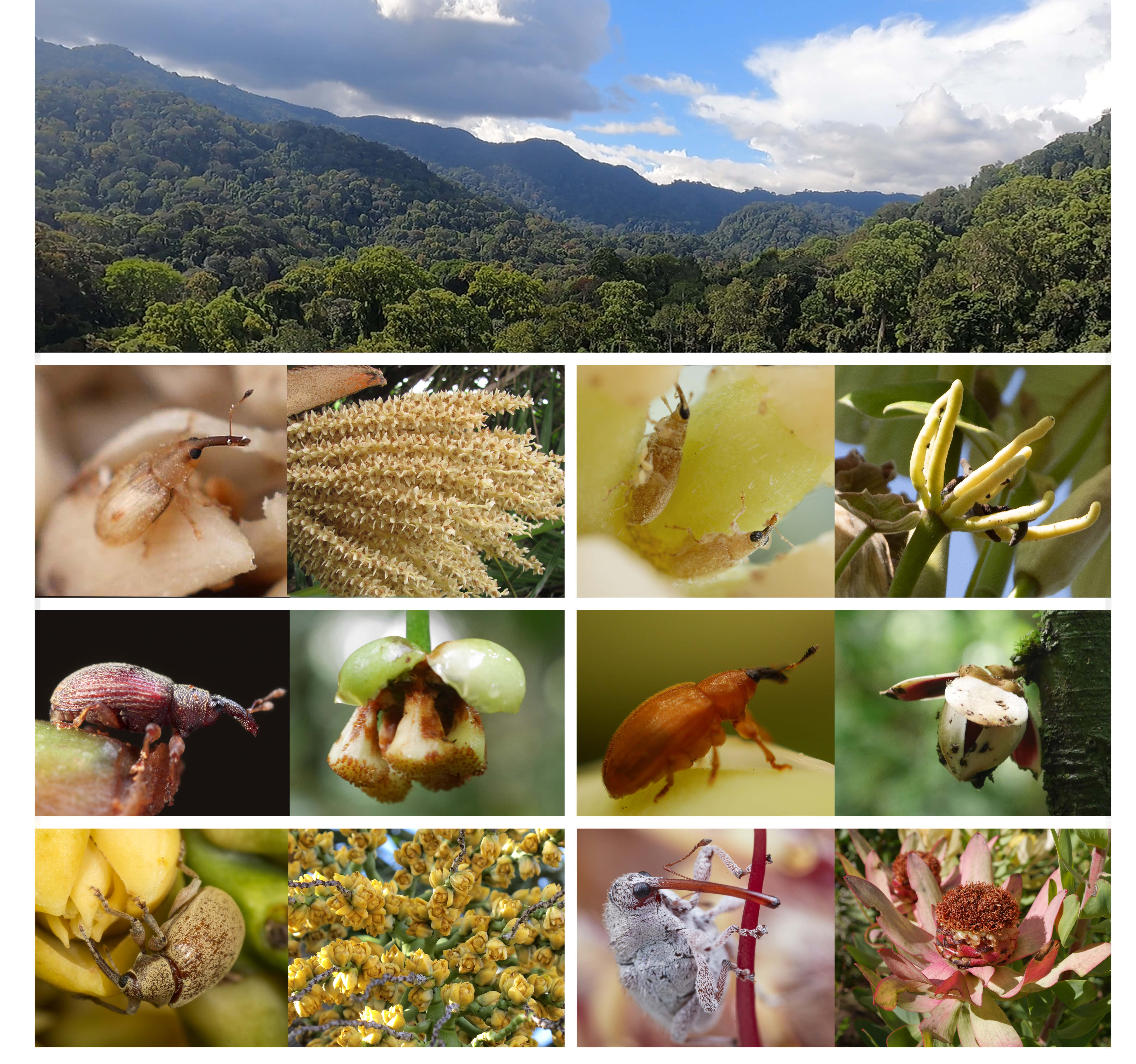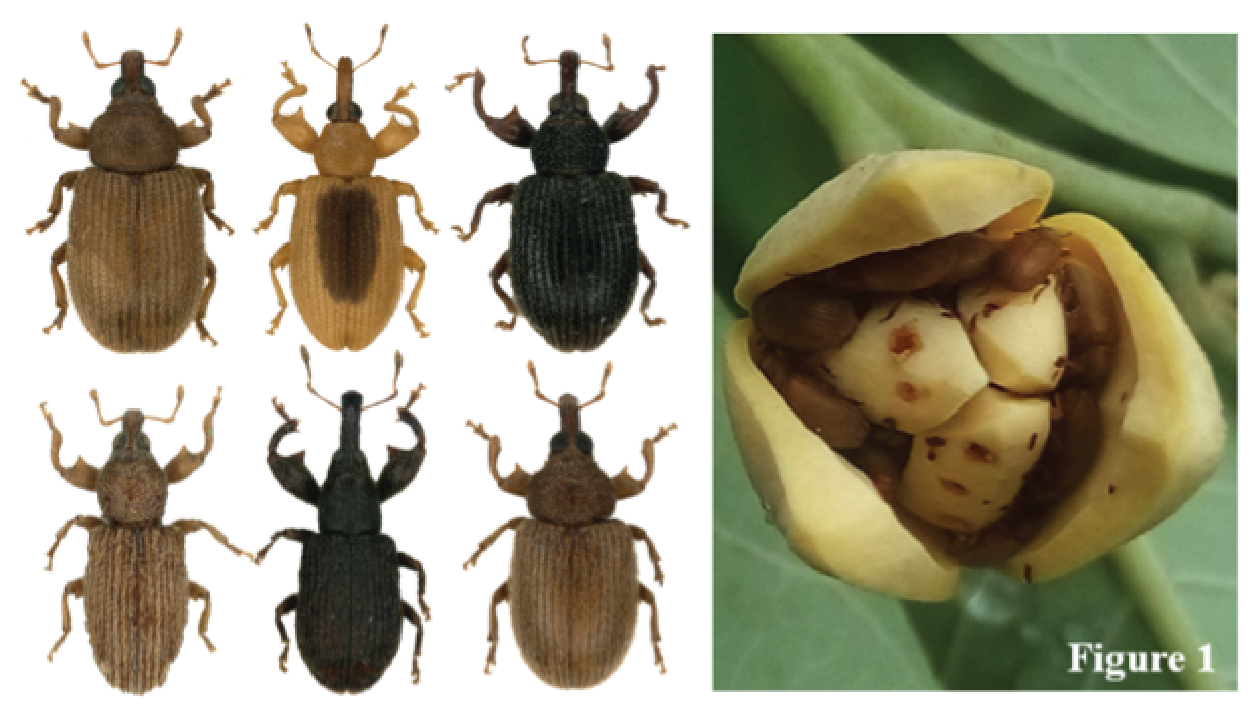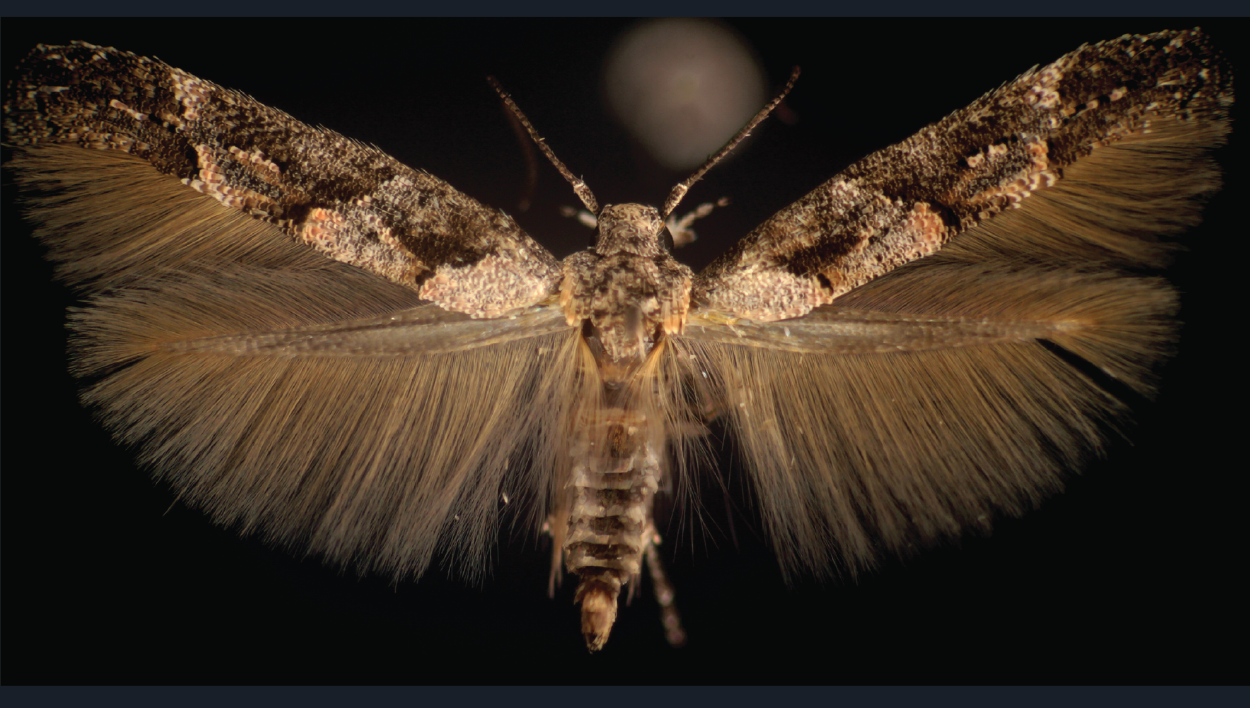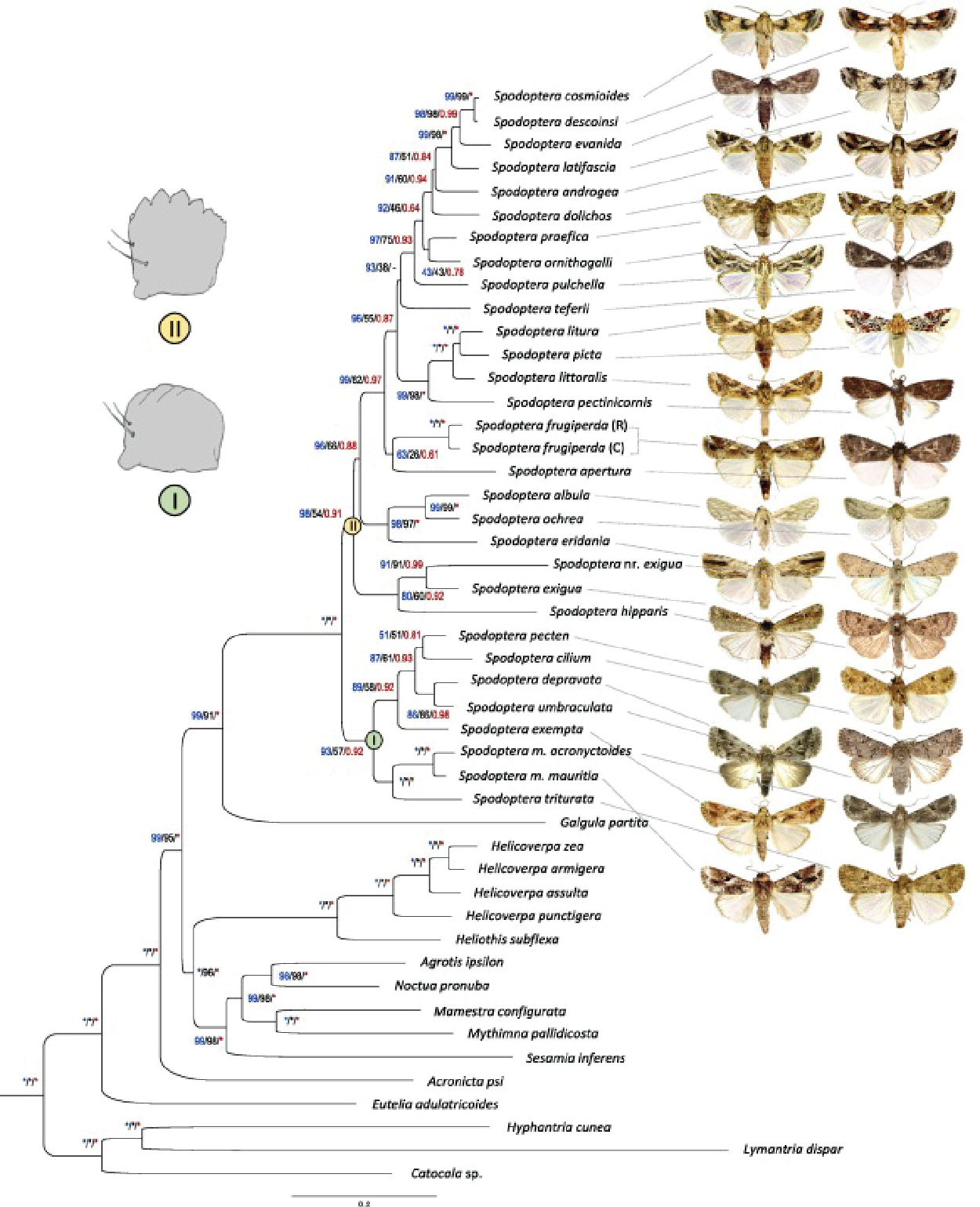Page Not Found
Page not found. Your pixels are in another canvas.
A list of all the posts and pages found on the site. For you robots out there is an XML version available for digesting as well.
Page not found. Your pixels are in another canvas.
Investigation of weevils host plant shifts in South Africa
PolTroN - Investigation of weevils implication in tropical forest pollination
EXPLORE #6 - PACCo: Polinización de Annonaceae y Clusiaceae en Costa Rica
Funded by the Agence Nationale de la Recherche.
The present project, named POLLIDIV, will combine the expertise of phylogeneticists, weevil specialists, and macroevolutionary biologists to investigate the origin and evolutionary consequences of the emergence of mutualism between plants and weevils.
Funded by CEMEB LABEX and led by Dr. Julien Haran.
In this project, using metabarcoding we aim at identifying the role of weevils in the pollination of tropical forests.
See the fieldwork section for some pictures of our mission in Gabon.
Funded by the Research and Scholarly Activity Fund (University of Toronto) and co-led by Prof Marc Johnson and myself.
Our objectives are to understand the evolutionary forces shaping the specialization and diversification of herbivores to their host plants. To meet this objective we will study the evolution of highly specialized micro-moths in the family Momphidae, which have undergone rapid diversification (ca. ~55 species) in North America, specializing on different plant species and tissues (e.g. flowers, leaves, stems, etc).

Picture from Bruzzese et al. 2019
Funded by CEMEB LABEX and led by Dr. Gael Kergoat.
The pest genus Spodoptera recently came into the spotlights due to the lightning quick invasion of the fall armyworm (FAW) Spodoptera frugiperda, which is now causing billions of damage annually in the Eastern hemisphere. Outside this species, the genus counts 30 other species (of which half are pests) that present very variable levels of host-breadth, ranging from strictly monophagous to highly polyphagous. Here, our project aims at using a comparative genomics framework to test whether the inferred rapid shifts of host-ranges are associated with key changes in terms of genomic architecture. To do so, we will generate new genomes for several key species, for which no genomic data are available so far. The resulting wealth of genomics will also allow us to reconstruct the evolutionary history of the genus with phylogenomics approaches, and the reassessment of the species status of several pairs of taxa (including in some case subspecies or strains) with a novel metric based on whole genome comparisons. Thanks to this macroevolutionary context, we will be able to of diet-associated changes that are associated with the transition between specialist and generalist species (including pest species).

Figure from Kergoat et al. 2021